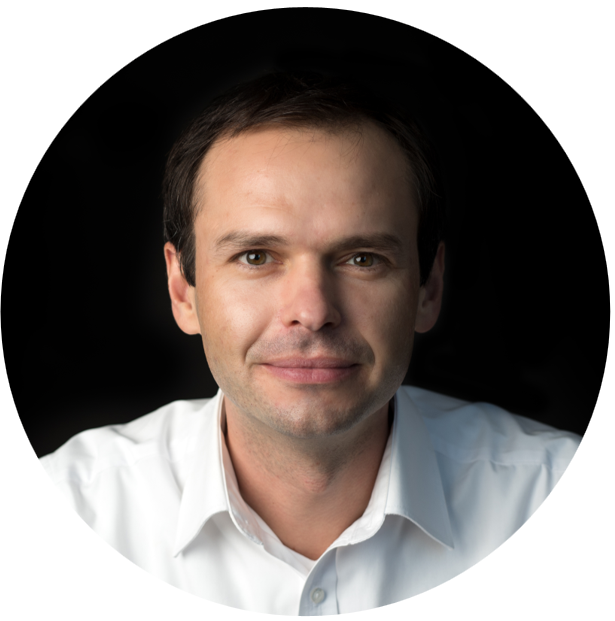About us
Creative approach to issues, market analysis, selection of the best tools - this is what makes us successful for clients
Learn about our organization and our values
Meet our team

Piotr
Bereziewicz
Founder & CEO
Founder and managing director of Aberit, certified project manager and scrum master.
Expert at the National Research and Development Center, supporting startups and innovative projects.
Passionate about golf, snowboarding and technology.

Mateusz
Misiuda
Business Development Manager
Manager to support sales processes and develop strategic business partnerships with a focus on foreign markets.
Outside of work, he enjoys culinary experiments, Chinese cuisine, good music, travel and puzzles of all kinds.

Joanna
Matuła
Specjalista ds. HR i outsourcingu IT.
She has experience working in industries including events (concerts, festivals, themed events), logistics, purchasing, and large format printing.
Because she is keen on people, she decided to deal with this fully in her professional work.
Passionate about crime series, biographical and management books. In his spare time he devotes himself in his studio to designing and sewing clothes

Justyna
Mukoid
Office Manager
A creative and energetic person who supports the smooth operation of our company. She is a management enthusiast and always strives to improve daily processes. Her comprehensive experience includes administrative areas, event organization and office management.
We help ambitious entrepreneurs (small, medium and large) to dynamically develop and brand their companies. Thanks to the competence of our experienced specialists operating the latest technologies, we create solutions that allow our clients to gain a competitive advantage, increasing their profits.
Our achievements are evidenced by our customers.
Above all, customers value us for the quality of our services, flexibility in our operations and good communication. In turn, we thank them for their trust, long-term cooperation and continuous recommendations. 95% of our clients come from referrals. Our clients' successes are proof of our effectiveness, and they are what motivate us most to continuously improve.
What do we do?
For customers using our solutions, we provide comprehensive, ongoing care and service support. We guarantee complete security based on our servers or the client's servers.
How do we manage projects? Agile, based on Scrum Agile!
Scrum provides a foundation of rules, roles and principles, acting as a foundation that helps individuals, teams, and organizations develop their processes tailored to their specific needs.
Agile means an iterative approach to project management and software development that helps teams deliver benefits to customers faster while reducing potential problems. Instead of putting everything into one big implementation, Agile teams deliver work in small but useful increments.
Requirements, plans and results are constantly assessed, giving teams a natural mechanism to respond quickly to changes. Therefore, creation involves dividing the project into small periods of time, so-called iterations (Sprints) usually lasting 2-4 weeks, after which we deliver specific functionality for customer verification, which gives us the ability to dynamically respond and be sure to meet changing customer requirements.
Scrum is embedded in the theory of empiricism - where knowledge results from experience and decision-making based on what is known, and all ideas and views are secondary in this approach.
There are three pillars that count: transparency, checking progress, and adapting changes.
For more information about SCRUM, please refer to our publication entitled: "SCRUM - about how "routine" improves the quality of life and balances development in an IT company" in the monograph of Dr. n. ekon. Adam Dept titled: "Quality of life and sustainable development in the context of contemporary management problems."











